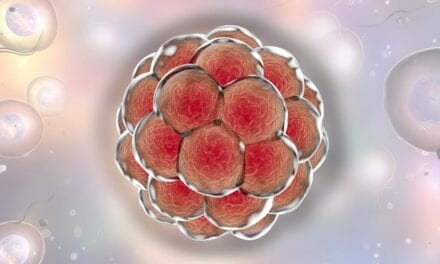Surgeons in Japan have developed a new surgical procedure called arthroscopic superior capsule reconstruction (SCR), which they suggest could help treat rotator cuff injuries once considered beyond repair.
“SCR is the surgical technique to restore shoulder stability and improve shoulder function with pain relief, without repairing the torn rotator cuff tendons,” says lead researcher Teruhisa Mihata MD, PhD, chief of shoulder and elbow surgery and sports medicine at Osaka Medical College in Osaka, Japan, in a media release from HealthDay.
Standard rotator cuff surgery repairs the patient’s own tendons. However, SCR surgery grafts a soft tissue “patch” from a cadaver that’s placed over the top of the shoulder joint to substitute for the missing tendons, explains Dr Evan Karas, shoulder surgeon and co-chief of orthopaedic surgery at Northern Westchester Hospital in Mount Kisco, NY.
A study including about 100 patients who were treated using the surgical procedure was presented recently during the American Orthopaedic Society for Sports Medicine’s Annual Meeting in Toronto.
According to the release, after receiving the surgery, all 26 athletes who were part of the study were able to return to their previous sports, and 32 patients with heavy workloads were able to return to their jobs. Another two patients were also able to return to work, but with reduced hours and reduced workloads.
The study participants ranged in age from 43 to 82. Ninety-five out of 102 shoulders repaired didn’t have additional problems, such as a re-tear in the rotator cuff. Pain and range-of-motion improved after surgery.
Mihata adds, in a media release from AOSSM, that, “Our research shows promise that this surgical option can offer restored shoulder function for patients who enjoy sports and do heavy physical work after other treatment options have been unsuccessful.”
Karas wasn’t involved in the study, but he has been performing the SCR surgery for about a year.
“I see many patients with chronic rotator cuff tears who have been told by other doctors that there is nothing else that can be done for their shoulder. This leaves them with the option of living with significant pain and disability,” states Karas, in the HealthDay release.
“Since we now have effective ways of treating these types of rotator cuff tears, I think the most important thing for people to know is that there is hope of eliminating pain and restoring function,” he adds.
[Source(s): American Orthopaedic Society for Sports Medicine, HealthDay, Science Daily]





